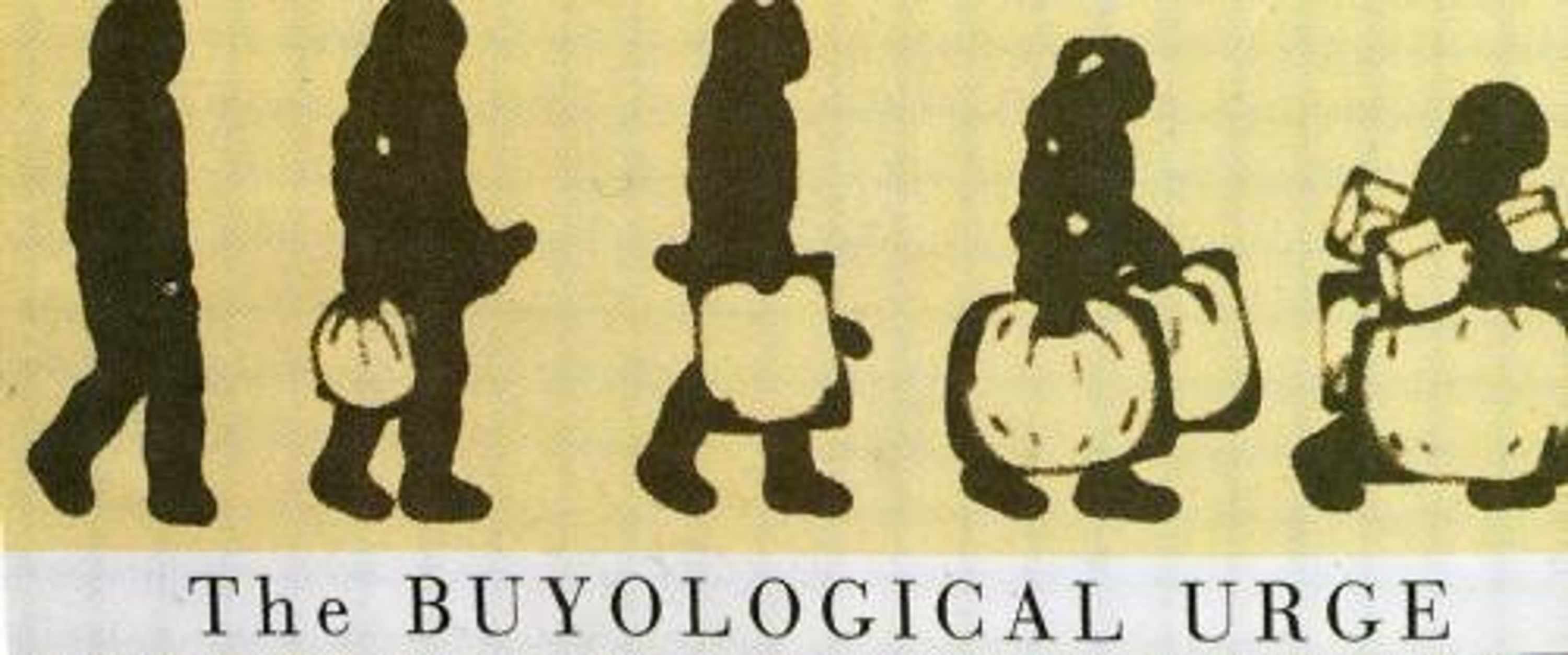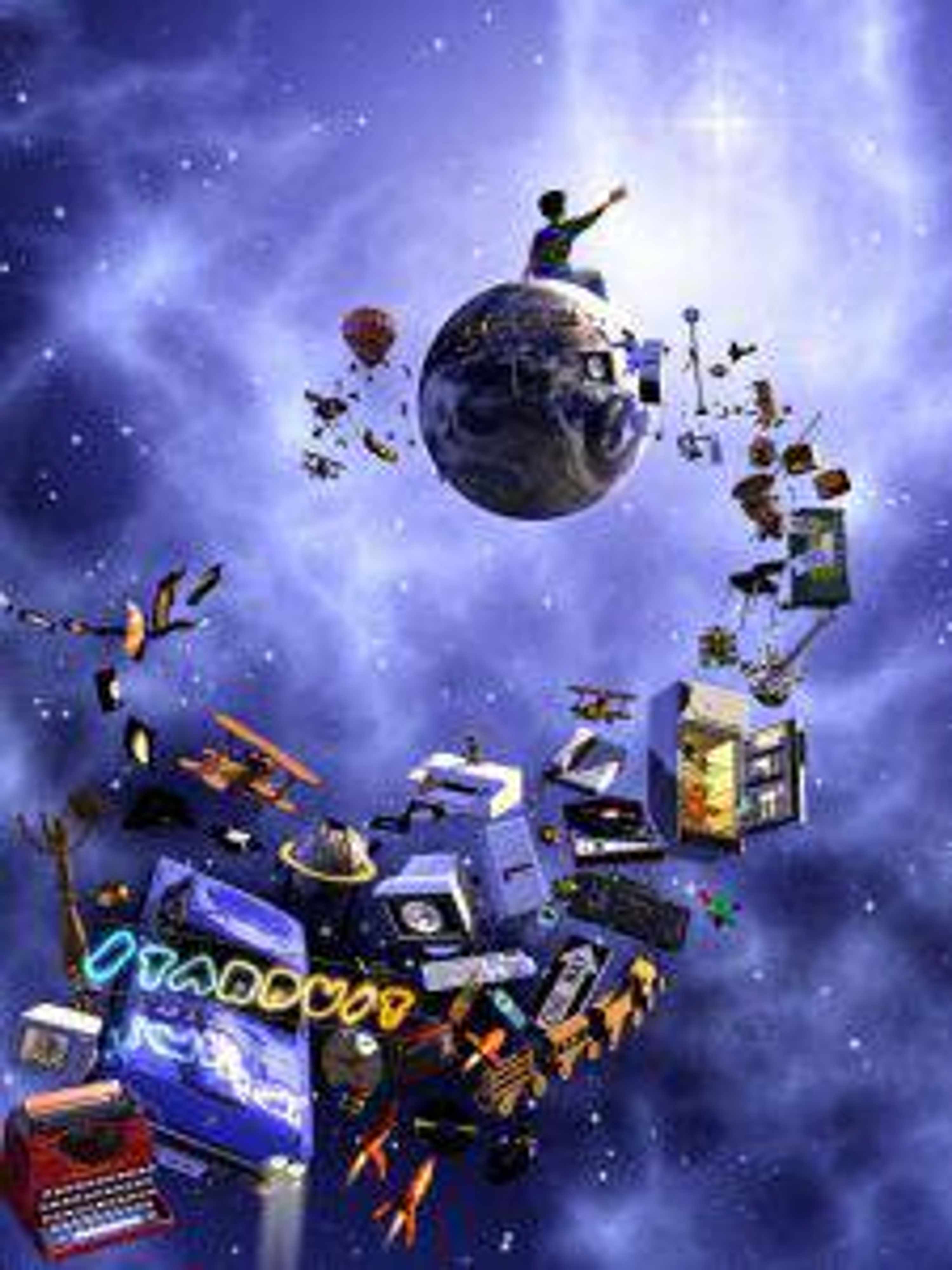Are you tired of the 9-5 grind and stressful commuting? Are you fed up of not having enough time for friends, family and interesting pursuits? How would you like a 3 day weekend?
Are you tired of the 9-5 grind and stressful commuting? Are you fed up of not having enough time for friends, family and interesting pursuits? How would you like a 3 day weekend?

 Are you tired of the 9-5 grind and stressful commuting? Are you fed up of not having enough time for friends, family and interesting pursuits? How would you like a 3 day weekend? Well the good news is that a less stressful, more pleasurable and more fulfilling lifestyle could be just around the corner. This post outlines a proposal for a new campaign to reduce the working week to 4 days.
Are you tired of the 9-5 grind and stressful commuting? Are you fed up of not having enough time for friends, family and interesting pursuits? How would you like a 3 day weekend? Well the good news is that a less stressful, more pleasurable and more fulfilling lifestyle could be just around the corner. This post outlines a proposal for a new campaign to reduce the working week to 4 days.
Crisis in Chinese is danger and opportunity
The Triple Crunch of an economy in meltdown, declining well being and a collapsing biosphere requires us to work less to slow down and rationalize the economy and to provide space for ourselves and the planet to breathe. As we work less we can make time to nurture our environment, communities and selves back to rude health and orient society away from its current pathological trajectory. The ‘green movement’ is evolving into a popular mass-movement that is seizing the opportunity presented by the multiple crises of a changing world to co-create the future that we want. This rapidly expanding new agenda presents the opportunity to reinvent how we spend our most precious commodity… our time. Sections:
- Work Less; Live More; the case for a shorter working week
- The New Monday
- Environmentalism is dead… long live the environment!
1. Work Less; Live More
I must create a system or be enslaved by another man’s William Blake
Wlliam Blake's Angel of Revelation
To succeed a campaign must have at its core a sound argument making the case for change. Fortunately, the brains at the New Economics Foundation have done all the hard work and produced a bulletproof case for why people, planet and the economy all benefit when we collectively agree to work less. The vision section of their report ‘21 Hours’ states: A ‘normal’ working week of 21 hours could help to address a range of urgent, interlinked problems: overwork, unemployment, over-consumption, high carbon emissions, low well-being, entrenched inequalities, and the lack of time to live sustainably, to care for each other, and simply to enjoy life. The report also looks at the necessary conditions for shifting to the 21 hour week and how to overcome transitional problems. In a little more detail here are the 3 main: Planet: moving towards a much shorter working week would help break the habit of living to work, working to earn, and earning to consume. People may become less attached to carbon-intensive consumption and more attached to relationships, pastimes, and places that absorb less money and more time. It would help society to manage without carbon-intensive growth, release time for people to live more sustainably, and reduce greenhouse gas emissions. People: a 21-hour ‘normal’ working week could help distribute paid work more evenly across the population, reducing ill-being associated with unemployment, long working hours and too little control over time. It would make it possible for paid and unpaid work to be distributed more equally between women and men; for parents to spend more time with their children – and to spend that time differently; for people to delay retirement if they wanted to, and to have more time to care for others, to participate in local activities and get their groove on. Economy: shorter working hours could help to adapt the economy to the needs of society and the environment, rather than subjugating society and environment to the needs of the economy. Business would benefit from more women entering the workforce; from men leading more rounded, balanced lives; and from reductions in work-place stress associated with juggling paid employment and home-based responsibilities. It could also help to end credit-fuelled growth, to develop a more resilient and adaptable economy, and to safeguard public resources for investment in a low-carbon future.
Time to get out of the Rat Race?
A quick word to the ‘traditionalists’ out there, the ‘tradition’ of working a 5 day week is a product of industrial capitalism which is about 200 years old. For millennia preceding this people would not have worked 9-5 (unless they were slaves). People would have spent the majority of their time living in local communities raising families and together ensuring they have enough to live. Also, it has already has several times already:
- The US state of Utah became the first state in the U.S. to mandate a four-day workweek for most state employees to widespread acclaim as described in Time Magazine and the Independent.
- For the first two months of 1974, the Conservative government under Edward Heath imposed a three-day week to save energy during a time of soaring inflation, high energy prices, and industrial action by the National Union of Mineworkers.
- And of course the French took a big step in the right direction when they legislated for a 35 hour week. Of course Sarkozy with his sad desperation to be just as ‘free’ market as his western allies reversed this. He probably said it would make France more ‘competitive’, which, of course, is exactly the problem. Nations competing to be richer than their neighbours leads to a global Tragedy of the Commons. In the end we all lose out. This illustrates why a successful campaign must be international… which could easily be achieved by an alliance between international green groups and the international labour movement. A directive from the European parliament could bind this influential continent together as a start.
Machines do the work so we don't have to
Europe is the natural place for this campaign to start. This is where the industrial revolution began. At the time it was understood that machines doing man’s labour would provide for more leisure time. John Maynard Keynes, called it ‘technological unemployment’ and Nobel Laureate Economist Wassily Leontief wrote: “The role of humans as the most important factor of production is bound to diminish in the same way that the role of horses in agricultural production was… diminished…by the introduction of tractors.” Whilst nationalists, racists and other fools blame unemployment on the natural human phenomenon of immigration the real cause is going unaddressed in the public debate: Technological Unemployment. But wait a second… isn’t Technological Unemployment a good thing? Unless you think you were born to work; machines doing work frees up our time for other important activities. We don’t have to rigidly fill our lives with work and there is no point sweeping the decks of the Titanic as it heads straight for an iceberg. Better to storm the cockpit and head for open water!
Apocalyptic urge? image credit azrainman
Why are we working 5 days a week? To what end? The puritan work ethic is fundamentally inverted when the work you are doing, by driving economic growth, is actually driving environmental meltdown and pushing our species to extinction. Once we accept that endless growth and wealth accumulation are both impossible and undesirable we can shift our work habits to better suit our needs and values. The material economy must shrink. To think this need be restrictive for the human experience is the essence of the problem of the modern age. There is far more to life than stuff. Limitless growth is achievable in science, ideas, knowledge, art, music and sport. We already control too great a proportion of the material flows of the planet and so all future growth must be dematerialized. One popular and practical step in the right direction is building into the week a day which is not for work-for-money and not just a ‘day off’. In doing so we create space for other activities of critical importance to society such caring for relatives, growing our food, helping in our communities, keeping fit, having hobbies, being creative, playing sport developing skills and shifting to sustainability and all the other things we like to spend our time on.
Reach for the stars
Anyone who thinks this change is unrealistic needs to broaden their perspective. The 5 day week was totally arbitrary. It could have been 3 days! Furthermore it is a human invention. This is in stark contrast to the planet, biosphere or atmosphere. All of which we depend on, we cannot create and which our human experiment in endless work, economic growth and waste production is currently destroying. Reinventing the work week is far more practical then reinventing a stable biosphere. There are many things in our lives we cannot change. Things like the laws of physics, the size of earth and the amount of oil underground. Then there are the things we can change. Culture is the sum total of humanity’s attitudes, opinions and knowledge. This is easily changeable. It can be transformed through stories, art, conversations and by forwarding the link to this blog. Start telling your friends, colleagues and neighbours… we don’t need to work 5 days a week. It is stressing us out and it is destroying our world. So let’s stop. 
2. The New Monday
The beauty of creating a new Monday is the opportunity this gives us as individuals and a society. This should not be another day of burden but can we invent a Monday that draws out the best in us? How this day works should clearly be a national debate which could be a core part of the campaign. However, to get the juices flowing here are some options for Mondays, perhaps they could be on rotation? Some ideas:
Community Monday: people contribute some of their day to local community initiatives. This could include caring for the elderly, running projects for local kids or overcoming a local challenge with neighbours. Eco Monday: it’s time to get together and give nature a helping hand! Teams of switched-on humans can trek out and get: tree planting, litter picking, ecosystem surveying and building: nature reserves, bug houses, bat boxes or green roofs. Farming Monday: city folk and others travel to local farms to help with food production. Helps people to understand where the food comes from and has the added benefit of reducing the carbon intensity of agriculture. Lifelong Learning Monday: adults descend on universities, schools and colleges to further their education. Not for professional development… just for the sake of learning. Courses in cooking, pottery, Tantra and Zen can run alongside astro-physics and ecology. Loving Mondays: love, nurture, care, heal, get jiggy. 
3. Environmentalism is Dead… Long Live the Environment!
 Dream no small dreams for they have no power to move the hearts of men. Johann Wolfgang von Goethe As far back as 2004 with the publication of The Death of Environmentalism the traditional approaches of the green movement have been criticized for its failure to create significant widespread change to the way we live. We have known about species extinctions, toxicity, resource depletion and even climate change for over 50 years… so why aren’t we all living locally in human-scale communities enjoying life and living in harmony with the natural world? Well it seems some historical trends are hard to argue with. There are 6 billion humans sharing this planet; population is totally unregulated and rapidly expanding and the industrial capitalist juggernaut is relentlessly commodifying every aspect of our world (including time) and with ruthless efficiency, systematically training our children to become ‘normal’ i.e. rabid workers / consumers.
Dream no small dreams for they have no power to move the hearts of men. Johann Wolfgang von Goethe As far back as 2004 with the publication of The Death of Environmentalism the traditional approaches of the green movement have been criticized for its failure to create significant widespread change to the way we live. We have known about species extinctions, toxicity, resource depletion and even climate change for over 50 years… so why aren’t we all living locally in human-scale communities enjoying life and living in harmony with the natural world? Well it seems some historical trends are hard to argue with. There are 6 billion humans sharing this planet; population is totally unregulated and rapidly expanding and the industrial capitalist juggernaut is relentlessly commodifying every aspect of our world (including time) and with ruthless efficiency, systematically training our children to become ‘normal’ i.e. rabid workers / consumers.
The Red Queen
Environmentalists are badly outgunned. The ‘conventional economy’ we are seeking to change is the ceaseless competition of 6 billion individuals seeking resources. This competition, driven by self-interest maintains the cut-throat economy. However, the triple crunch turns everything on its head; as explored in Racing the Red Queen to Oblivion, if humans cannot consciously overcome the genetic urge to compete for resources then civilization will collapse. To rapidly get the message out and create the necessary change to move to a scientifically grounded, resource based, sustainable economy we have to get smart, pick our fights carefully… and learn from past mistakes. The classic mistake, discussed in Death of Environmentalism, is to be too literal and too narrow in focus allowing the agenda to be pigeon holed as special interest; a bitter irony seeing as nothing in the human domain can exist without the ‘environment’. We need to reframe the argument. Or to put it another way, we should stop talking about the environment altogether. To succeed we must reframe sustainability as a journey to increased freedom, happiness, more and better quality time and stronger communities. We need to build our campaigns upon values that run deeper then the distorted values (use a different word for values?) that have emerged from the temporary aberration of industrial capitalism and its associated distorted culture. For example, rather than being anti-car lets be pro healthy, local communities where people can live and work without the need to regularly commute long distances. Aside from the overarching problem of talking as though the environment was special interest or peripheral to the ‘serious reality’ of human affairs. 2 (two) critical mistakes that we keep repeating in campaigns are 1) being negative (or unpopular) and 2) not being ambitious enough. First up, Nic Marks explains clearly in this very important Ted Talk how describing nightmare scenarios does not motivate people to change. It leads to a fight or flight response. Either: fight the environmentalist, run a mile, or ease yourself gently into the cool, slow waters of denial.
Falling polar bear
Environmentalists have made the mistake of telling people the world is going to end and then telling them to stop doing something they like. A classic case is the sustained, high profile attack on aviation. Campaigning against flying in general (as opposed to new airports or short haul) alienates people in the middle ground who may be sympathetic to environmental issues but not so much that they are not prepared to stop flying altogether. It allows the media to portray the green agenda as detrimental to the happiness of the masses when societies happiness is actually fundamental. The infamous Plane Stupid video of polar bears falling from planes is a case in point. This isn’t going to stop people flying it will just confuse and upset them and possibly make them angry. Furthermore, aviation clearly serves an important role for humans above and beyond holiday travel. Ask anyone with a lover or family member on another continent how they feel about aviation being banned and you will see why this is always going to be an unpopular ‘victory’ at best. Technically the argument is weak too. We can make space for well regulated aviation in a future sustainable world. It just requires we take a global perspective on resource use and ensure that the eco footprint of aviation is an agreed proportion of the total human eco footprint that we have scientifically ascertained the atmosphere / biosphere can tolerate.
Not a chimney
In contrast, there are many parts of our bloated, inefficient, unscientific economy that do nothing for human well being but have vast ecological footprints. The most obvious waste of resources resulting in declining well being is war as explored in ‘peace… or die’. Much of our infrastructure is inefficient by design as explored in ‘this is not a chimney’. What about the fact that we import and export the same amount of lamb and apples to New Zealand? This vacuous element of globalization is monstrously dim-witted. Even the free market apostles who relentlessly sell us myths standing on a smoking planetary pyre must have trouble explaining how it in any way makes sense to endlessly ship products around the world when local alternatives exist. Or why we should create something called ‘waste’ which we return to nature by the billions of tonnes? Looking through this lens we see that the environmentalist obsession with attacking aviation is misguided. Our priority should be stopping behaviours with big eco footprints but low utility. Aviation has immense value and attacking it will make the green agenda unpopular at exactly the time that we need to be igniting a poplar mass movement.
'I have a dream'
Greens are waking up to the fact that Martin Luther King changed history by saying ‘I have a dream’ (not nightmare) and that rather than beating with a stick we should be luring with a carrot. For example: if you live / work locally you will have healthier communities and more time with you family; if you cycle or walk to work you will be slimmer, healthier and save money; if you have interesting hobbies using your creativity you will be saner and happier than if you spend every weekend in the shopping mall.” These are the hallowed sustainability double dividends explored in more detail on the Green and Happy page; ways in which we can boost well being whilst reducing our eco footprint. Collectively these activities make the happier, healthier world we are trying to move to and should be the first behaviour changes to go for. HRH Prince Charles is ahead of the game (again) with the launch of his new Start Initiative which promotes positive activities. The next campaign issue to address is low ambition. We have been watching with dismay as the UK 10:10 campaign (which started with such a flourish) seems to have shrunk in ambition so low to a point that it has now morphed into a campaign simply to get the UK government to shift the daylight savings times. Even this small, logical change apparently requires a campaign (with requests for donations and fax-your-mp click-throughs!). Couldn’t this kind of small step be achievable through a well presented argument or report put to the right parliamentarian? There are only so many times we can mobilize people to take an action so when we do we should make sure the outcome is worth it. So let’s dream big; imagine the future we want; be ambitious and go for big popular issues that will make a significant difference to our world. First up… the Work Less; Live More Campaign. NB: Before launching any campaign it is highly recommended to check the excellent Campaign Strategy website.  All you really wanted Was enough. Which is to say You only wanted more. Ram Tzu knows this… What you now have Is all you’ll ever have.
All you really wanted Was enough. Which is to say You only wanted more. Ram Tzu knows this… What you now have Is all you’ll ever have.
Ram Tzu












